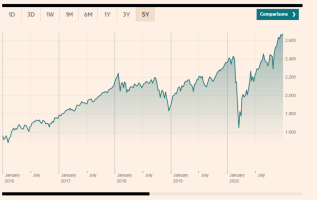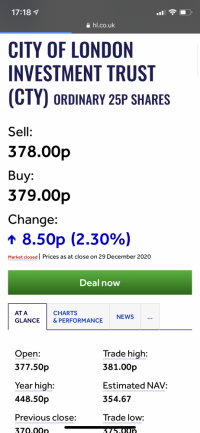All this finance talk reminds me of this:
It is the month of August; a resort town sits next to the shores of a lake. It is raining, and the little town looks totally deserted. It is tough times, everybody is in debt, and everybody lives on credit.
Suddenly, a rich tourist comes to town. He enters the only hotel, lays a 100 dollar bill on the reception counter, and goes to inspect the rooms upstairs in order to pick one.
The hotel proprietor takes the 100 dollar bill and runs to pay his debt to the butcher. The Butcher takes the 100 dollar bill and runs to pay his debt to the pig raiser. The pig raiser takes the 100 dollar bill and runs to pay his debt to the supplier of his feed and fuel. The supplier of feed and fuel takes the 100 dollar bill and runs to pay his debt to the town's prostitute that, in these hard times, gave her “services” on credit. The hooker runs to the hotel, and pays off her debt with the 100 dollar bill to the hotel proprietor to pay for the rooms that she rented when she brought her clients there.
The hotel proprietor then lays the 100 dollar bill back on the counter so that the rich tourist will not suspect anything. At that moment, the rich tourist comes down after inspecting the rooms, and takes his 100 dollar bill, after saying he did not like any of the rooms, and leaves town.
No one earned anything. However, the whole town is now without debt, and looks to the future with a lot of optimism.


















